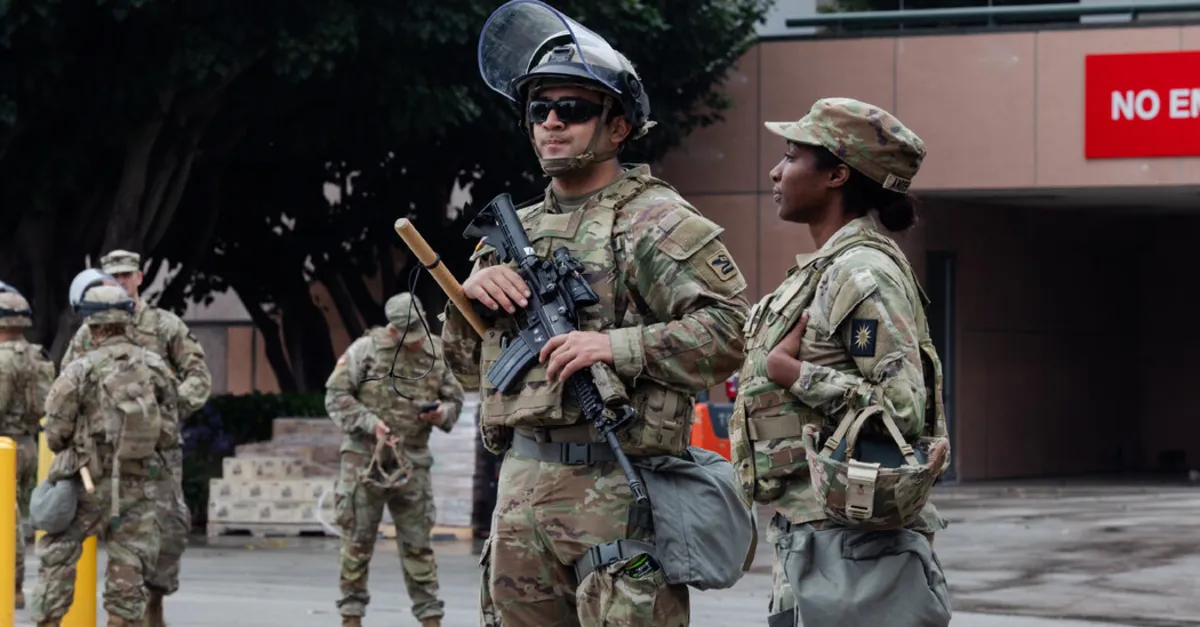
This past Sunday, Los Angeles witnessed tense scenes as President Trump announced the deployment of 2,000 National Guard troops to the city. This decision came in response to ongoing fiery protests against federal immigration raids, which have persisted for a third consecutive day in California. The situation has escalated, raising concerns among local leaders and citizens alike.
California's Democratic leaders swiftly criticized President Trump's military action, arguing that it would only serve to heighten existing tensions within the community. They emphasized that the deployment of National Guard troops could exacerbate the already volatile situation, where authorities have resorted to using tear gas during confrontations with protesters. Many officials fear that this move may lead to further unrest instead of fostering peace.
The backdrop of these protests is the federal immigration raids that have ignited passions across California. Activists and community members have gathered to voice their opposition, demanding an end to what they deem unjust practices by federal authorities. The protests reflect a growing discontent over immigration policies and their impact on local communities, particularly among immigrant populations.
In a press conference on Sunday, President Trump defended his decision, stating that he would send "whatever we need" to ensure law and order in the city. His comments indicate a firm stance on maintaining control amidst the rising tensions, but they have also sparked criticism from various quarters, including civil rights advocates who argue that such measures may infringe upon the rights of protesters.
As Los Angeles braces for potential further unrest, the situation remains fluid. Community leaders are calling for calm and dialogue, urging both the federal government and local authorities to consider the implications of their actions. The deployment of National Guard troops raises critical questions about public safety, civil liberties, and the future of immigration policy in California.
In conclusion, the developments in Los Angeles highlight a significant moment in the ongoing debate over immigration and law enforcement. With protests continuing and tensions high, the coming days will be crucial in determining how this situation unfolds.